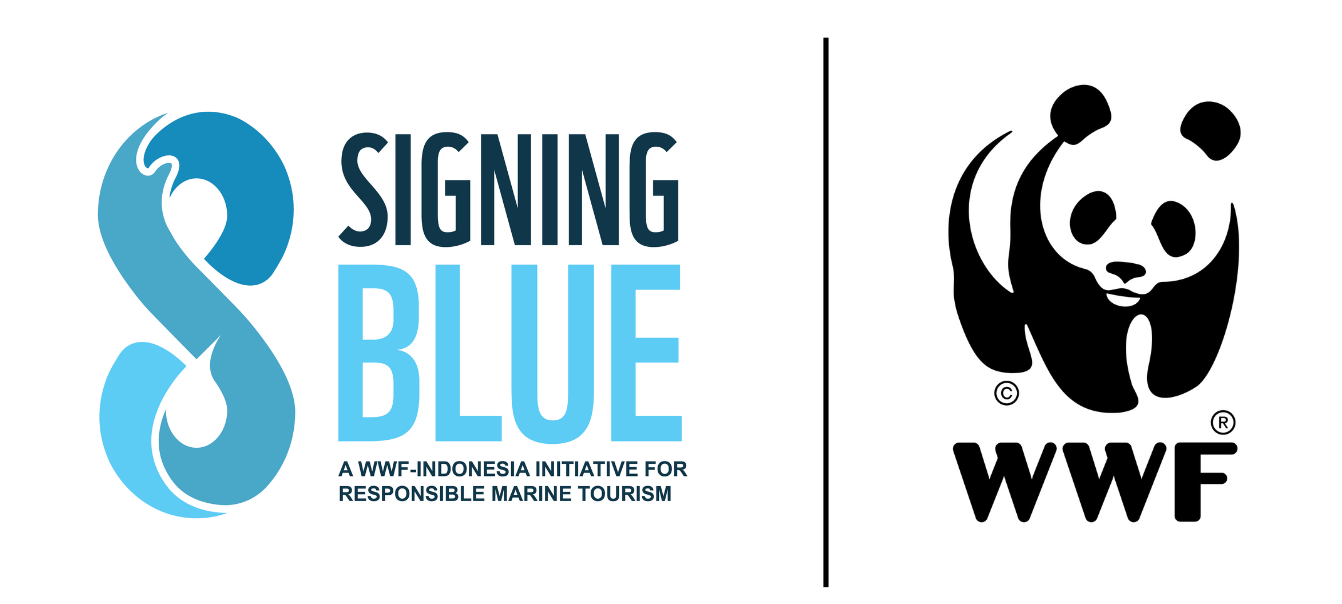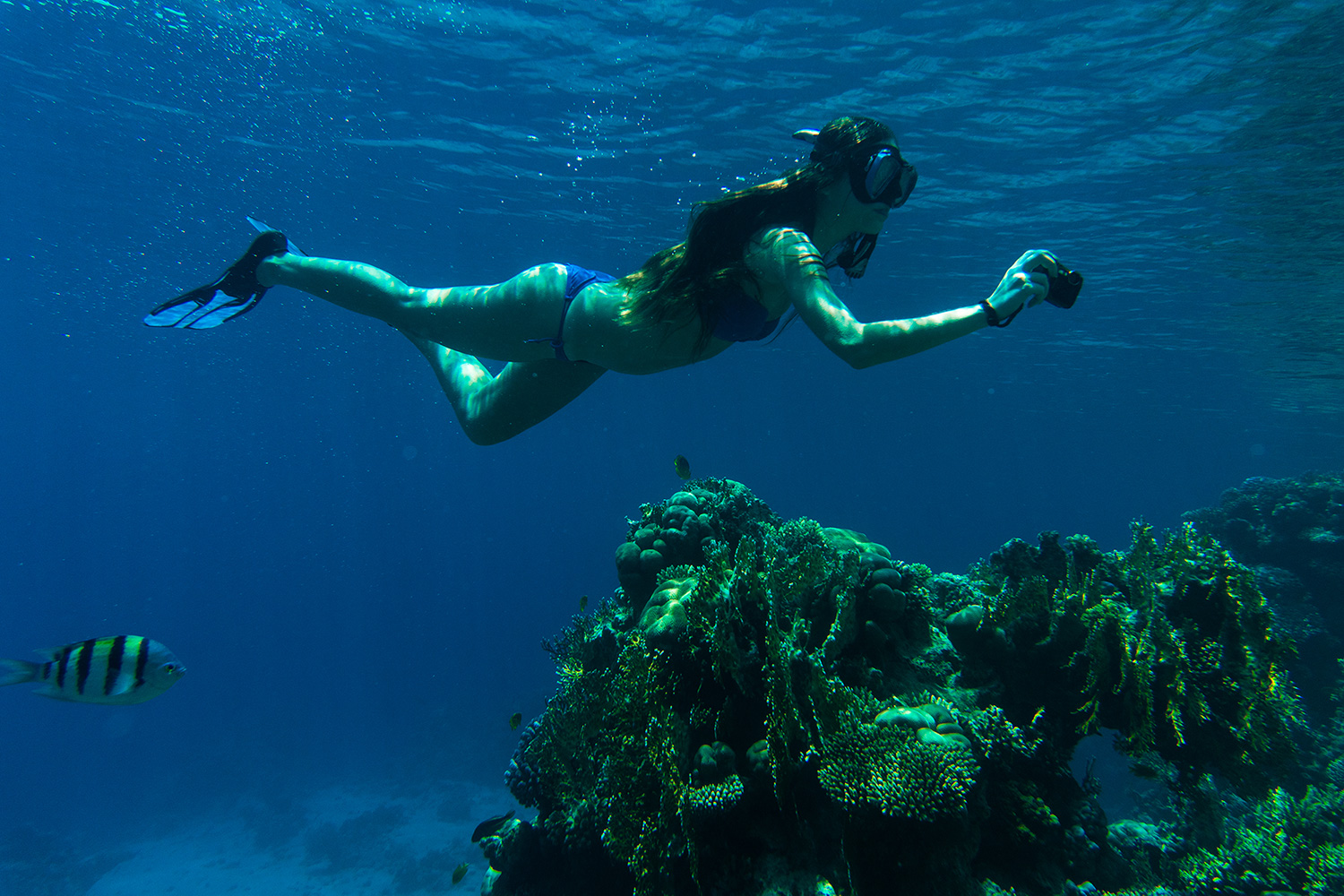Don't Blame Global Warming If Maritime Archipelago Is Destroyed, Your Vacation Could Be The Cause.
Most Indonesians today often hear the word "Climate Change" or "Global Warming". This is because slowly the effects can already be felt and witnessed with our own eyes. The heat of the air during the day, a plague that runs rampant, to an increase in the average temperature of the marine atmosphere that causes damage to the marine ecosystem. Climate change itself is caused by a variety of human activities that are not environmentally friendly which uses fossil fuels such as coal, natural gas and oil as the main ingredients. However, not many people are aware that in addition to global warming, marine activity also has a role in the destruction of marine ecosystems, especially coastal areas.
The rate of activities of the Indonesian marine industry is now increasing. We can easily find travel agents, trip organizers, and holiday service providers everywhere. Can be through the internet, travel brochures, to chain messages from mobile phones. According to the Ministry of Tourism (2016), for marine tourism destinations, Indonesia has 33 diving destinations and more than 400 operators. Of the many foreign exchange generated by marine tourism, as many as 60% of visitors do coastal tourism, 25% are nautical or motorized marine tours, and 15% underwater tourism such as snorkeling and giving.
The problem is, of the many tourism actors, many do not consider the ecological impact of the preservation of the archipelago's marine assets. Perpetrators of tourism here are service providers and visitors. In fact, there are domino effects on environmental, social, and economic aspects that occur if we are not wise when traveling. Destructive behavior for example when snorkeling / diving, coral reefs broken and damaged due to being trampled, held, and even intentionally broken for souvenirs for visitors. If not stopped, over time the underwater beauty filled with coral reefs will disappear and the value of these tourist sites will decrease dramatically. Domestic and foreign tourists will be lazy to visit. Tourist sites become quiet, local people lose their jobs. That is, the contribution of foreign exchange to the country is also reduced. the impact of extinction is threatening, and cannot be enjoyed directly by future generations.
Not to mention the trip organizer itself, which allows visitors to feed the fish with biscuits and bread that they have provided. Even so, fish can lose their hunting instinct and will return to the same place. In terms of accommodation, irresponsible behavior comes with disregard for energy and emissions savings. Hotel lights are left on during the day. The temperature of the air conditioner is set below 23 degrees Celsius, the air coming from the air conditioner also adds to the effect of global warming. There is also the amount of rubbish that is brought by visitors increases every year if it is not managed properly, for example by turning it into recycled objects or other handicrafts it will turn these tourist attractions into mounds of rubbish island. And many more.
Then, how to overcome it? We can begin to apply the pattern of marine tourism behavior that is environmentally responsible by minimizing waste production, socially responsible by respecting prevailing customs and responsible for the business of the local community. The "Signing Blue" program as one of the initiatives to help create marine tourism is responsible for issuing a series of guidelines for the Best Environmental Equitable Practices (BEEP). The guide can be downloaded via http://www.signingblue.com. Inside are information and tips on how to become a responsible tourist for the sustainability of Indonesian marine tourism. So, from now on we have to start changing our behavior for the sake of better Indonesian tourism.

